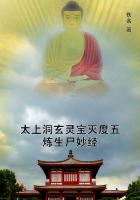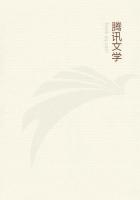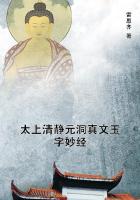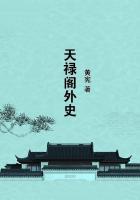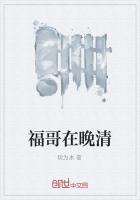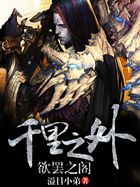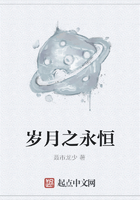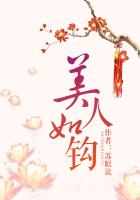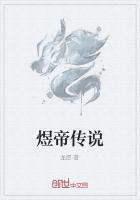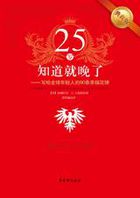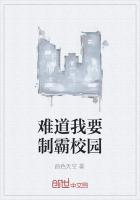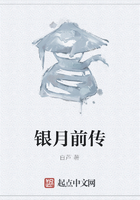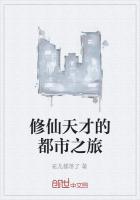THE reports of the conventions held in Seneca Falls and Rochester, N.
Y., in 1848, attracted the attention of one destined to take a most important part in the new movement朣usan B. Anthony, who, for her courage and executive ability, was facetiously called by William Henry Channing, the Napoleon of our struggle. At this time she was teaching in the academy at Canajoharie, a little village in the beautiful valley of the Mohawk.
"The Woman's Declaration of Independence" issued from those conventions startled and amused her, and she laughed heartily at the novelty and presumption of the demand. But, on returning home to spend her vacation, she was surprised to find that her sober Quaker parents and sister, having attended the Rochester meetings, regarded them as very profitable and interesting, and the demands made as proper and reasonable. She was already interested in the anti-slavery and temperance reforms, was an active member of an organization called "The Daughters of Temperance," and had spoken a few times in their public meetings. But the new gospel of "Woman's Rights," found a ready response in her mind, and, from that time, her best efforts have been given to the enfranchisement of women.
As, from this time, my friend is closely connected with my narrative and will frequently appear therein, a sketch of her seems appropriate.
Lord Bacon has well said: "He that hath wife and children hath given hostages to fortune; for they are impediments to great enterprises either of virtue or mischief. Certainly the best works, and of greatest merit for the public, have proceeded from the unmarried or childless men; which, both in affection and means, have married and endowed the public."
This bit of Baconian philosophy, as alike applicable to women, was the subject, not long since, of a conversation with a remarkably gifted Englishwoman.
She was absorbed in many public interests and had conscientiously resolved never to marry, lest the cares necessarily involved in matrimony should make inroads upon her time and thought, to the detriment of the public good. "Unless," said she, "some women dedicate themselves to the public service, society is robbed of needed guardians for the special wants of the weak and unfortunate. There should be, in the secular world, certain orders corresponding in a measure to the grand sisterhoods of the Catholic Church, to the members of which, as freely as to men, all offices, civic and ecclesiastical, should be open." That this ideal will be realized may be inferred from the fact that exceptional women have, in all ages, been leaders in great projects of charity and reform, and that now many stand waiting only the sanction of their century, ready for wide altruistic labors.
The world has ever had its vestal virgins, its holy women, mothers of ideas rather than of men; its Marys, as well as its Marthas, who, rather than be busy housewives, preferred to sit at the feet of divine wisdom, and ponder the mysteries of the unknown. All hail to Maria Mitchell, Harriet Hosmer, Charlotte Cushman, Alice and Phoebe Cary, Louisa Alcott, Dr. Elizabeth Blackwell, Frances Willard, and Clara Barton! All honor to the noble women who have devoted earnest lives to the intellectual and moral needs of mankind!
Susan B. Anthony was of sturdy New England stock, and it was at the foot of Old Greylock, South Adams, Mass., that she gave forth her first rebellious cry. There the baby steps were taken, and at the village school the first stitches were learned, and the A B C duly mastered. When five winters had passed over Susan's head, there came a time of great domestic commotion, and, in her small way, the child seized the idea that permanence is not the rule of life. The family moved to Battenville, N. Y., where Mr. Anthony became one of the wealthiest men in Washington County. Susan can still recall the stately coldness of the great house杊ow large the bare rooms, with their yellow-painted floors, seemed, in contrast with her own diminutiveness, and the outlook of the schoolroom where for so many years, with her brothers and sisters, she pursued her studies under private tutors.
Mr. Anthony was a stern Hicksite Quaker. In Susan's early life he objected on principle to all forms of frivolous amusement, such as music, dancing, or novel reading, while games and even pictures were regarded as meaningless luxuries. Such puritanical convictions might have easily degenerated into mere cant; but underlying all was a broad and firm basis of wholesome respect for individual freedom and a brave adherence to truth. He was a man of good business capacity, and a thorough manager of his wide and lucrative interests. He saw that compensation and not chance ruled in the commercial world, and he believed in the same just, though often severe, law in the sphere of morals. Such a man was not apt to walk humbly in the path mapped out by his religious sect. He early offended by choosing a Baptist for a wife. For this first offense he was "disowned," and, according to Quaker usage, could only be received into fellowship again by declaring himself "sorry" for his crime in full meeting. He was full of devout thankfulness for the good woman by his side, and destined to be thankful to the very end for this companion, so calm, so just, so far-seeing. He rose in meeting, and said he was "sorry" that the rules of the society were such that, in marrying the woman he loved, he had committed offense! He admitted that he was "sorry" for something, so was taken back into the body of the faithful!

